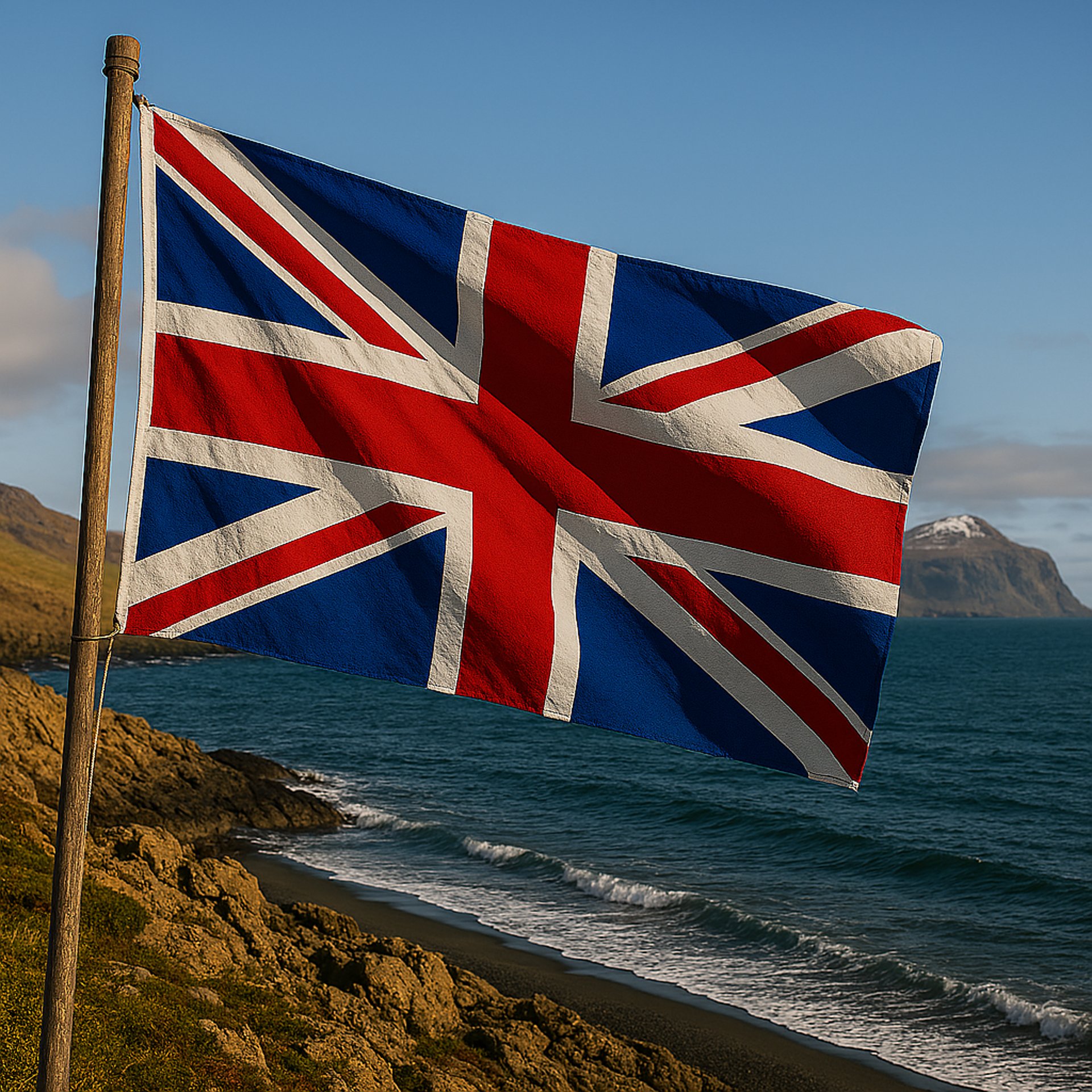
Oysters UK
Oyster farming in the UK involves cultivating Pacific Oysters using various methods such as rack and bag systems or floating long lines, ensuring a sustainable and abundant supply of fresh oysters.
Regulation: In the UK, the regulation of oyster farming is managed by several bodies, including Defra (Department for Environment, Food & Rural Affairs), the Environment Agency, and local authorities. Defra oversees the application process for Several Orders and Regulating Orders, which grant exclusive fishing or management rights within designated areas for private and natural shellfisheries. Additionally, SEPA (Scottish Environment Protection Agency) in Scotland plays a role in ensuring that the aquaculture industry meets environmental standards. These regulatory bodies work together to manage and monitor oyster farming practices, ensuring they comply with environmental and health regulations.
Sustainable: Wild Pacific Oysters, on the other hand, grow naturally on the seabed and are hand-picked at low tide or fished by oyster fishermen. Both farmed and wild oysters contribute to the UK’s seafood market and are celebrated for their sustainable and restorative impact on the environment. Oyster farming helps purify water, sequester nitrogen and CO2, and support local economies.
Tidal: Oyster farming in the UK involves both farmed and wild oysters, with the Pacific Oyster being the most commonly farmed species. Farmed Pacific Oysters are cultivated in licensed farms under labor-intensive methods known as aquaculture. These farms are chosen for their superior site locations, brackish waters, and tidal conditions, which are crucial for oyster growth. Juvenile oysters are placed in nylon mesh bags and affixed to trestles or floating long-line systems, allowing them to develop in nutrient-rich waters. Farmed Pacific Oysters are known for their thin-medium, hard shells and high meat-to-shell ratio, making them easy to shuck and clean in flavor.
Historical Traditions: Oyster farming in the UK has a rich history, with ancient Romans practicing oyster cultivation as early as the 1st century BC. Today, the industry continues to thrive, with farms like Porlock Bay Oysters in Porlock Weir, an area with a proud tradition of oyster farming dating back over 100 years. Oysters are known for their clean sea taste and are sustainably farmed, contributing positively to the environment.
Oysters in the UK



Although FishFarmSolutions.com does not endorse third-party services, all links are reviewed for relevance and operational status. Verified listings meet our basic criteria for transparency and contactability.
